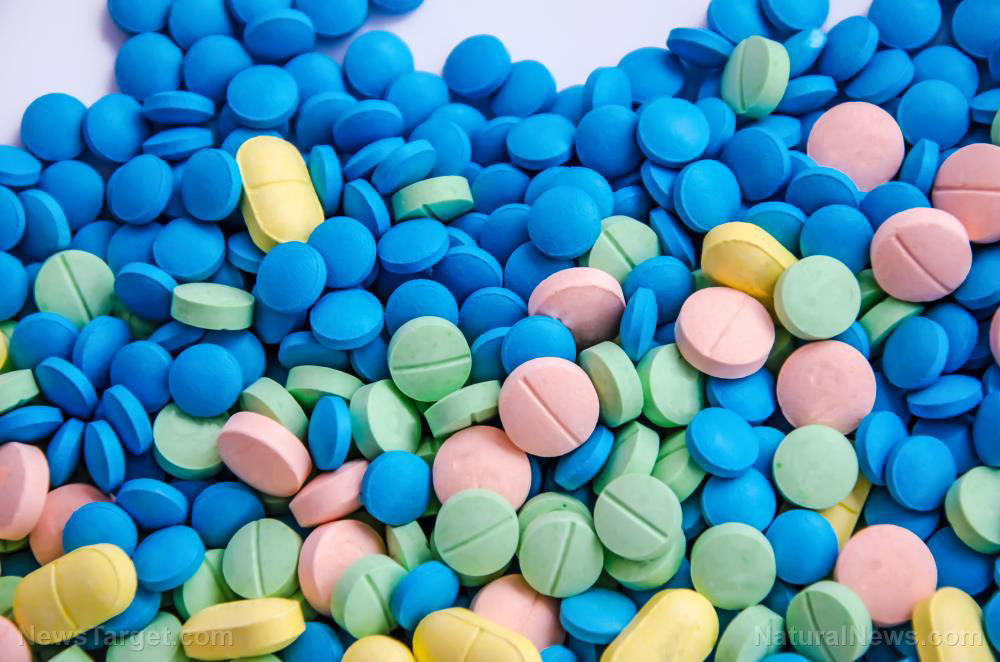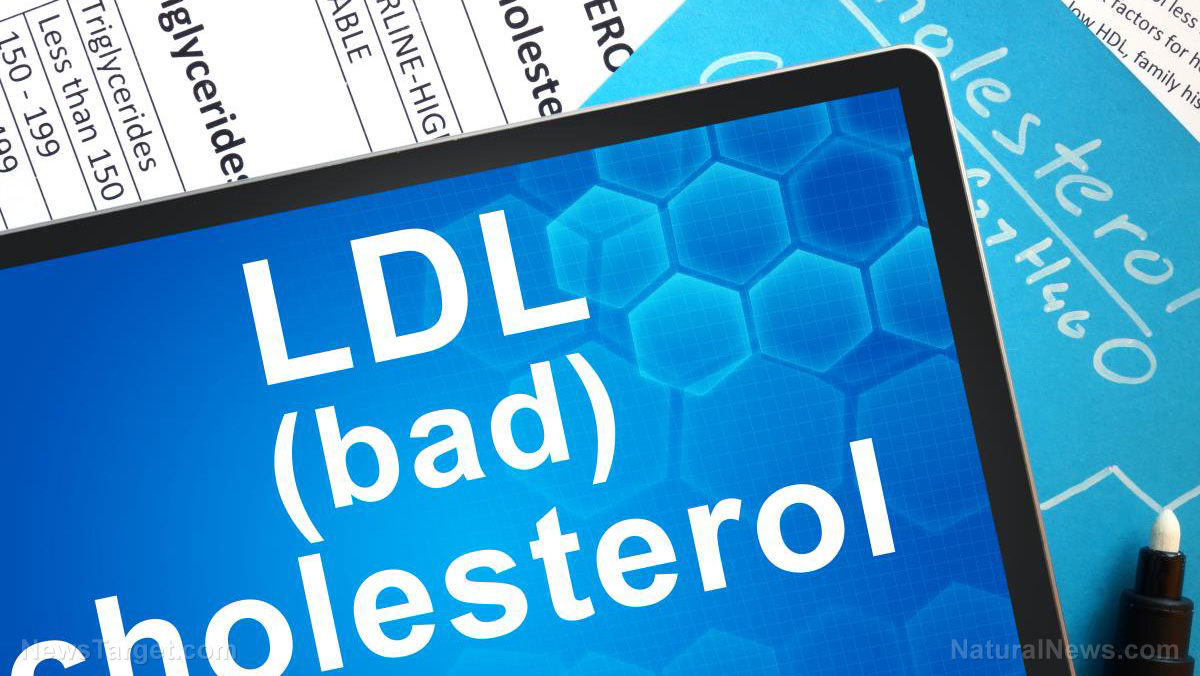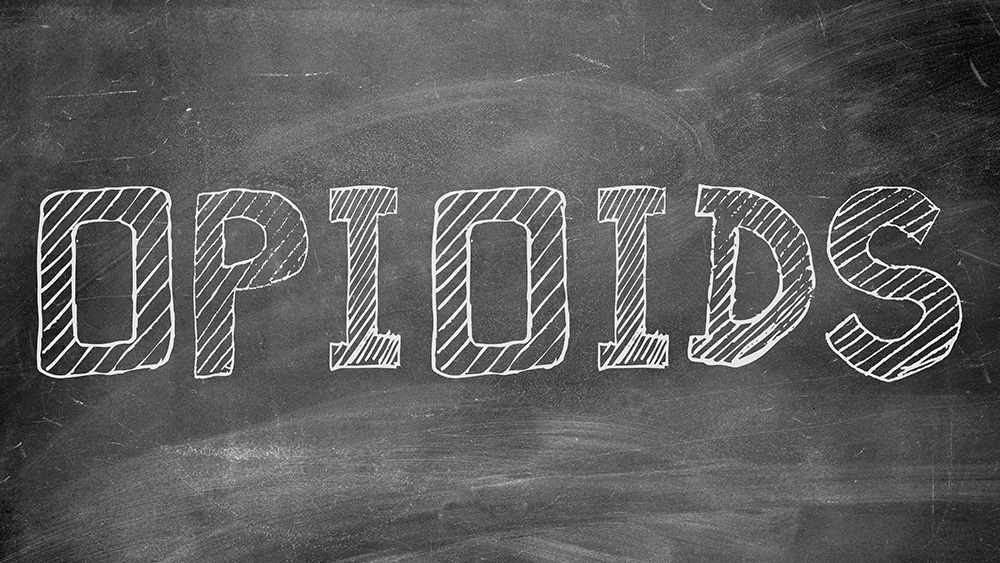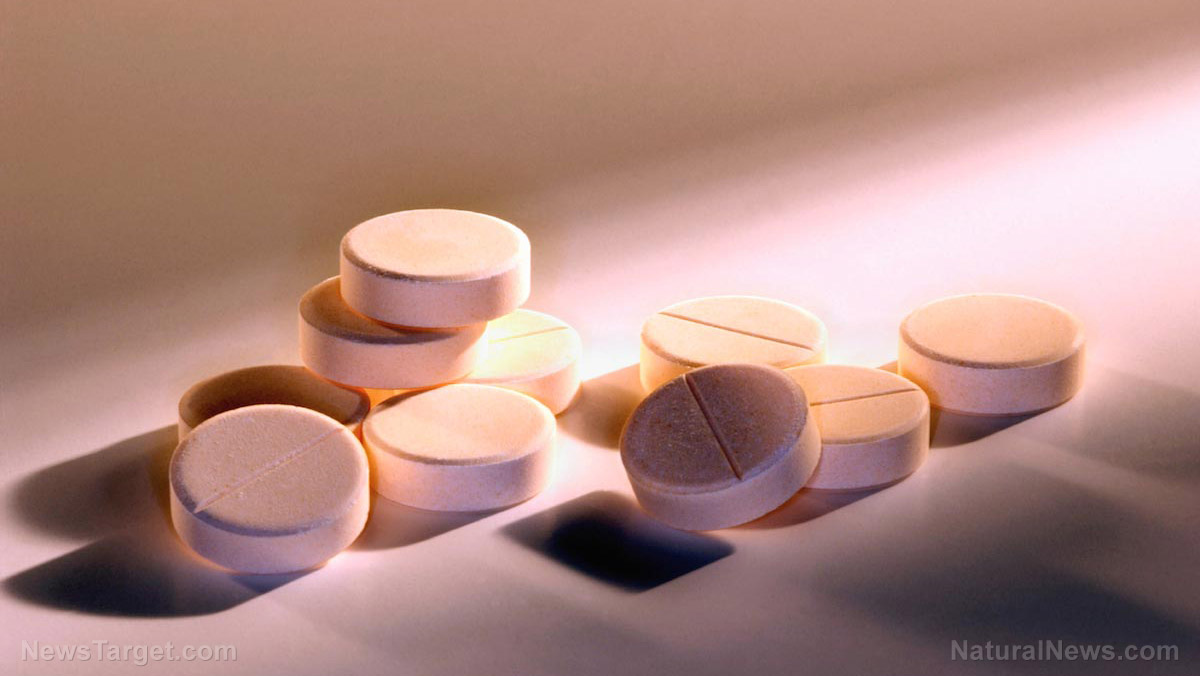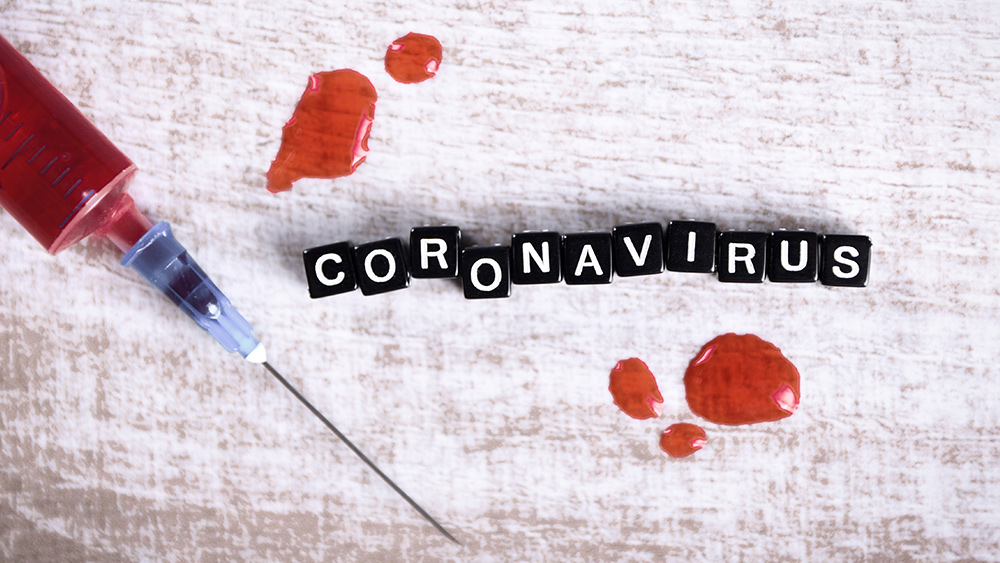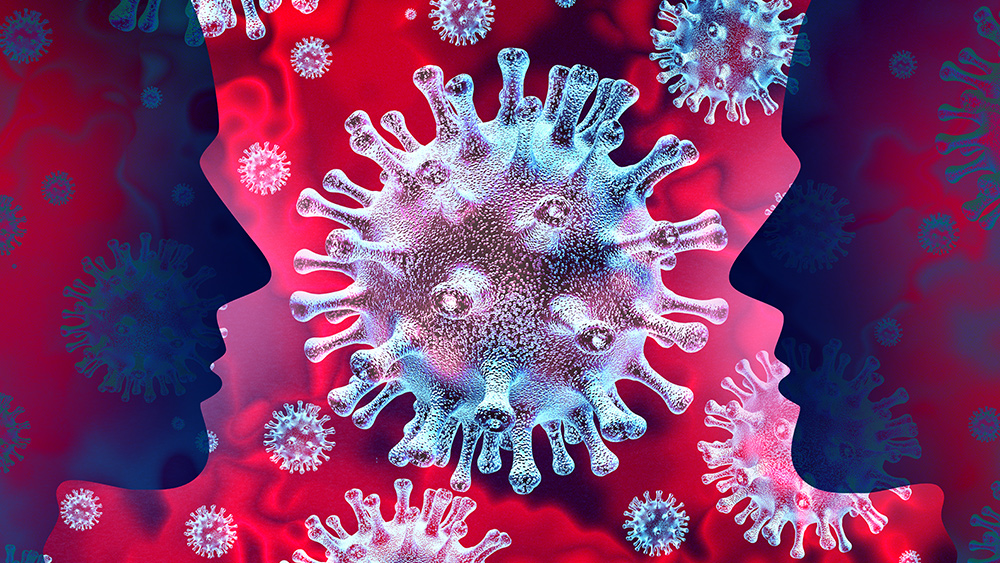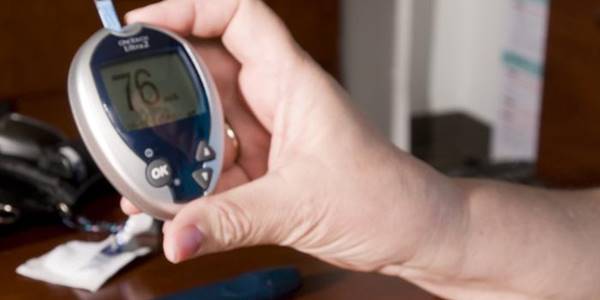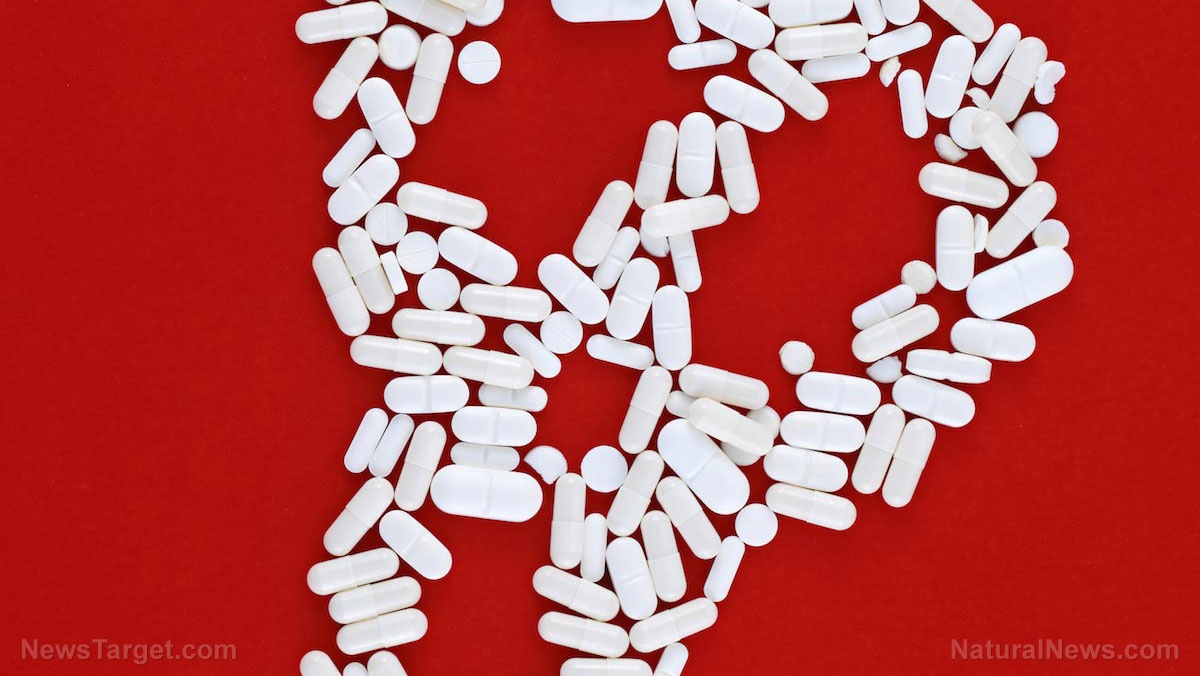Statin drugs claim to lower cholesterol but are INEFFECTIVE at preventing heart disease
01/29/2020 / By Isabelle Z.

We’ve all had it drilled into our heads that high cholesterol is bad and bringing it down with statins can prevent a heart attack. However, that doesn’t explain why many people who take statins still end up developing cardiovascular disease. A recent study shows that there’s far more to the cardiovascular disease equation than just cholesterol; the immune system also plays a role, and statins do nothing to address this factor.
Dutch researchers carried out a study that explored the link between the immune system and cholesterol. They found that specific immune cells known as monocytes were more activated in people with high cholesterol than those whose levels were normal. These cells produce more inflammatory molecules that play a big role in cardiovascular disease development.
After patients in the study with high cholesterol underwent treatment with statins for three months and the measurements were repeated, their cholesterol numbers went down, but their immune cells’ hyperactivity showed no sign of reduction. The researchers say that the immune cells seem to “remember” the high cholesterol that they had been exposed to and continue to act accordingly. This is something they call “trained immunity,” and this was the first study to illustrate the effect under these conditions.
Next, the researchers would like to look into just how long this memory can persist and whether there are other ways of reducing the monocytes’ hyperactivity, such as via anti-inflammatory drugs.
More drugs aren’t the answer
But are more drugs really the answer here? All drugs carry side effects, and statins are certainly no exception. Known by brand names such as Zocor, Lipitor and Crestor, they’re the most widely used drugs in the world for reducing cholesterol. They’ve been linked to a serious condition known as rhabdomyolysis in which the cells of muscles become damaged. They can also increase the liver enzymes that aid digestion, leading to liver damage.
In addition, they’ve been associated with higher blood sugar, type 2 diabetes and memory problems among other conditions. They’re not advisable for people who are pregnant, breastfeeding, have active liver disease, or are taking certain medications. They are also known to increase the number of other medications people take.statin
One study found that they may even speed up the process of aging because they stunt cells’ ability to repair themselves properly, which leads to nerve problems and destroys memory.
So let’s get this straight: A drug that causes all these side effects is found to not even accomplish the task it is supposedly created for, and the solution is to find yet another drug people can take on top of it to improve their outcomes? What is wrong with this picture?
The fact is that statins are huge money-makers. In fact, Lipitor still makes Pfizer $2 billion in sales per year despite its patent expiring more than eight years ago. Total sales of statins were projected to reach $1 trillion by 2020, even as concerns have grown that the benefits are overblown and the risks are being downplayed.
Thankfully, there are plenty of natural ways that you can keep your risk of heart disease down that are safe and effective. Staying at a healthy weight is a big one, and exercising regularly can also be incredibly beneficial as it strengthens your heart and boosts circulation in addition to lowering blood pressure and cholesterol levels.
A healthy diet can also keep your heart disease risk down. Limit foods with added sugars and saturated fats, and stick to whole grains and fresh fruits and vegetables.
Taking statins might seem like an easier way of getting your cholesterol down, but it’s not doing as much for your heart disease risk as you might think. Whether you take statins or not, taking steps to reduce your risk naturally could prove to be a lifesaver.
Sources for this article include:
Tagged Under: Bad Health, Big Pharma, big pharma cash cow, cardiovascular disease, cholesterol, deception, heart disease, heart health, hoax, immune system, immunity, Prescription drugs, statins
RECENT NEWS & ARTICLES
PharmaceuticalFraud.com is a fact-based public education website published by Pharmaceutical Fraud Features, LLC.
All content copyright © 2018 by Pharmaceutical Fraud Features, LLC.
Contact Us with Tips or Corrections
All trademarks, registered trademarks and servicemarks mentioned on this site are the property of their respective owners.

